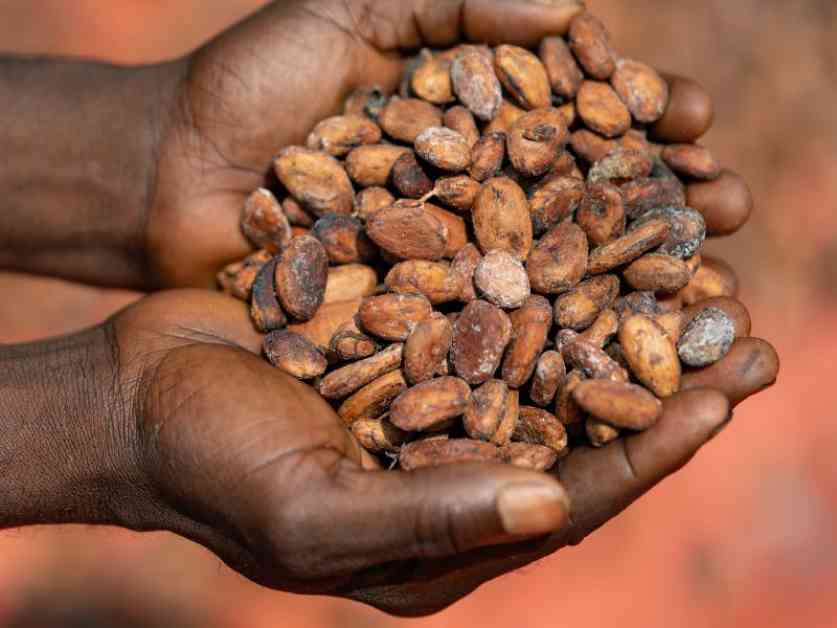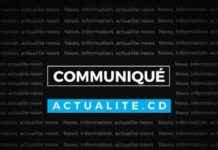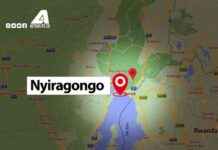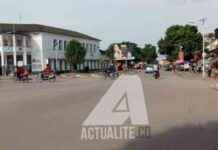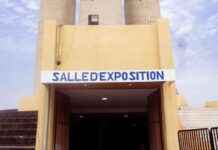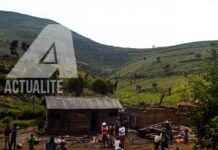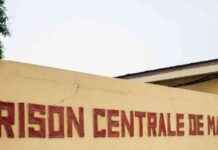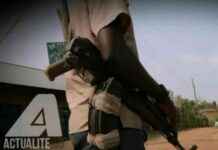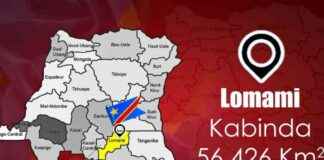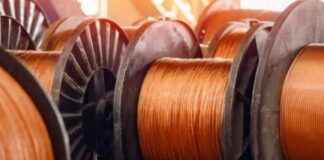Government Responds to Potential EU Exclusion of Congolese Cocoa and Coffee
The government of the Democratic Republic of Congo has issued a strong response to the European Union’s consideration of excluding Congolese cocoa and coffee from its market next year. This decision stems from the EU’s “zero deforestation” regulation, which has raised concerns among Congolese officials about the impact on their vital agricultural exports.
Ministers’ Stand Against Exclusion
Minister of Foreign Trade, Julien Paluku Kahongya, and Minister of Communication and Media, Patrick Muyaya, have both voiced their opposition to the EU’s proposed action. They argue that Congolese cocoa and coffee are not grown in deforested areas but on arable land, making them exempt from any sanctions.
During a press conference on Monday, December 30, 2024, Minister Julien Paluku Kahongya denounced the confusion surrounding the EU’s audit process for certification. He highlighted that the certification report issued in August 2024 remains valid for a year, indicating that any new regulations should not apply until 2025 when the next assessment is due.
Government Measures to Address Concerns
In response to what Minister Julien Paluku Kahongya describes as an “economic war” against the DRC, the government has outlined a series of measures to counteract the potential EU exclusion. These measures include:
1. Strengthening dialogue with the EU through a tripartite involving the EU, MONUSCO, and the government to clarify the regulations and ensure the DRC’s removal from the deforestation list.
2. Enhancing national institutions for a domestic certification process to avoid reliance on international certifications susceptible to malicious intent.
3. Defining agricultural, forest, and urban zones to prevent confusion between cultivable land and conservation areas.
4. Supporting the “Green Corridor Kivu-Kinshasa” initiative to connect the main cocoa-producing regions of North Kivu and Ituri.
5. Establishing a single window for certifying all agricultural products for export.
These proactive measures aim to safeguard the interests of Congolese farmers and exporters while maintaining the country’s reputation as a reliable source of high-quality cocoa and coffee.
Conclusion
As the DRC navigates the complexities of international trade regulations and sustainability standards, the government’s commitment to protecting its vital agricultural sector remains resolute. By engaging in constructive dialogue with stakeholders and implementing robust certification processes, the DRC seeks to ensure the continued success of its cocoa and coffee exports in the global market. The fate of these commodities hangs in the balance, awaiting a harmonious resolution between the EU and the Congolese government to preserve the livelihoods of countless farmers and the economic prosperity of the nation.
***Personal Touch:***
Imagine waking up to the rich aroma of freshly brewed Congolese coffee or indulging in the velvety smoothness of premium Congolese chocolate. These simple pleasures could soon become a luxury if the European Union proceeds with its exclusion of Congolese cocoa and coffee. The impact of such a decision extends far beyond economic repercussions; it threatens the cultural heritage and livelihoods of countless Congolese farmers who pour their passion and dedication into cultivating these prized commodities. As consumers, we hold the power to advocate for fairness and sustainability in global trade, ensuring that every sip of coffee and every bite of chocolate tells a story of resilience and hope for the future. Let us raise our voices in support of the Congolese coffee and cocoa communities, standing in solidarity with those whose hands cultivate the flavors that enrich our lives.
